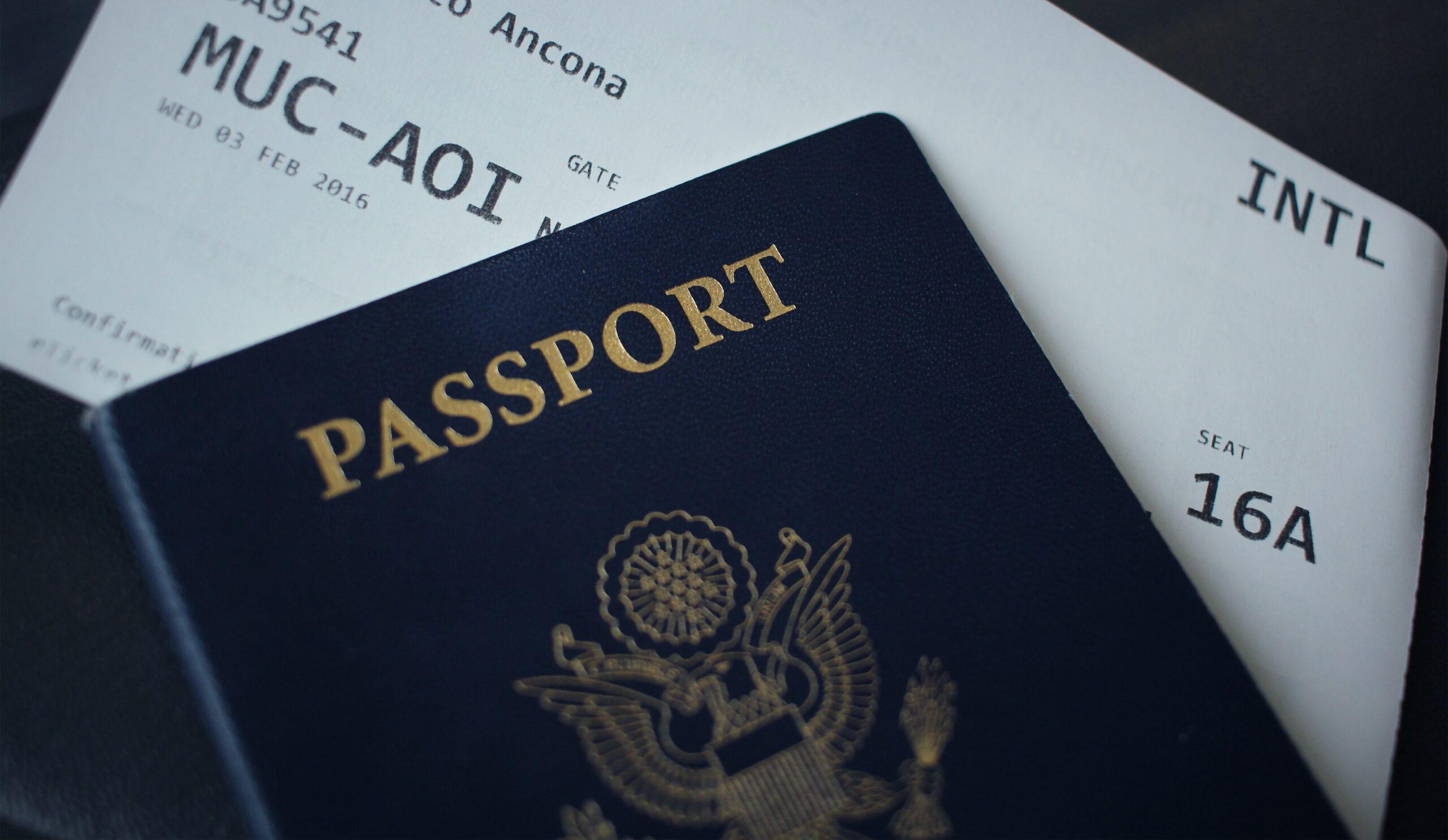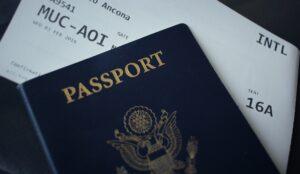Travel insurance is a crucial part of any planned journey, whether it’s domestic or international. It provides a safety net for unforeseen circumstances that may disrupt your journey, such as illness, accident, or loss of belongings. One common question that many people often wonder is: “Does travel insurance cover chicken pox?” Chicken pox, a highly contagious disease typically associated with childhood, can also affect adults and can cause serious complications. This article aims to provide a comprehensive guide on various aspects of travel insurance and chicken pox.
Understanding Chicken Pox
Chicken pox is a viral illness that causes a blister-like rash, itching, tiredness, and fever. It’s highly contagious to people who haven’t had the disease or been vaccinated against it. Travelling with chicken pox can be challenging due to its infectious nature. It’s crucial to know that flying with chicken pox can potentially be dangerous to other passengers, particularly those with weakened immune systems, pregnant women, and babies. Therefore, many airlines have policies in place that prevent people with contagious diseases, including chicken pox, from flying.
Travel Insurance and Chicken Pox: Are You Covered?
When it comes to travel insurance, the key question is: “Will travel insurance cover chicken pox?” The answer depends on the specific policy. Some travel insurance providers consider chicken pox as an unforeseen illness, which is often covered under their policies. This means if you or your child contracts chicken pox before or during your holiday, you may be eligible to file a chicken pox travel insurance claim, which can help cover medical expenses, cancellation or rescheduling fees.
However, not all travel insurance policies include coverage for chicken pox. It’s crucial to read the policy document carefully and understand the terms and conditions before purchase. If the policy does not explicitly state it covers chicken pox, it’s best to contact the insurance provider directly and enquire whether chicken pox is covered.
Chicken Pox and Travel Insurance Payouts
“Will travel insurance payout for chicken pox?” is another common question. Again, this depends on the specific terms and conditions of your policy. If chicken pox is covered by your travel insurance, you may be eligible for a payout to cover medical costs, cancellation fees, or rescheduling charges. It’s important to keep all medical documentation and receipts as evidence for your claim.
Travel Insurance Providers and Chicken Pox Coverage
Different travel insurance providers have different policies regarding chicken pox coverage. For instance, the Post Office travel insurance chicken pox policy may be different from other providers. Always make sure to review the policy details and ask questions if anything is unclear.
Traveling Abroad with Chicken Pox
Chickenpox and travelling abroad can be a complex matter due to the contagious nature of the disease. Apart from health concerns, there are also legal implications. Some countries may deny entry to individuals with contagious diseases, including chicken pox. Therefore, it’s crucial to check the entry requirements of your destination country if you or a family member has chicken pox.
Flying with Chicken Pox: Precautions and Considerations
Can you fly if you have chicken pox? The short answer is, it depends on the airline’s policy. Many airlines prohibit passengers with contagious diseases from boarding for the health safety of other passengers. If you have chicken pox, it’s advisable to inform the airline as soon as possible. They can provide guidance and may allow rescheduling of your flight.
Chicken Pox and Holiday Insurance
Does holiday insurance cover chicken pox? As with travel insurance, holiday insurance may or may not cover chicken pox. It depends on the specific policy. Always read the policy document carefully and inquire with the insurance provider if necessary.
Conclusion: Travel Insurance for Chicken Pox
Chicken pox can be a significant disruption to your travel plans. Understanding how travel insurance interacts with this disease can provide peace of mind and financial protection. Remember always to review your policy carefully and ask your insurance provider any questions you have to ensure you are adequately covered.




